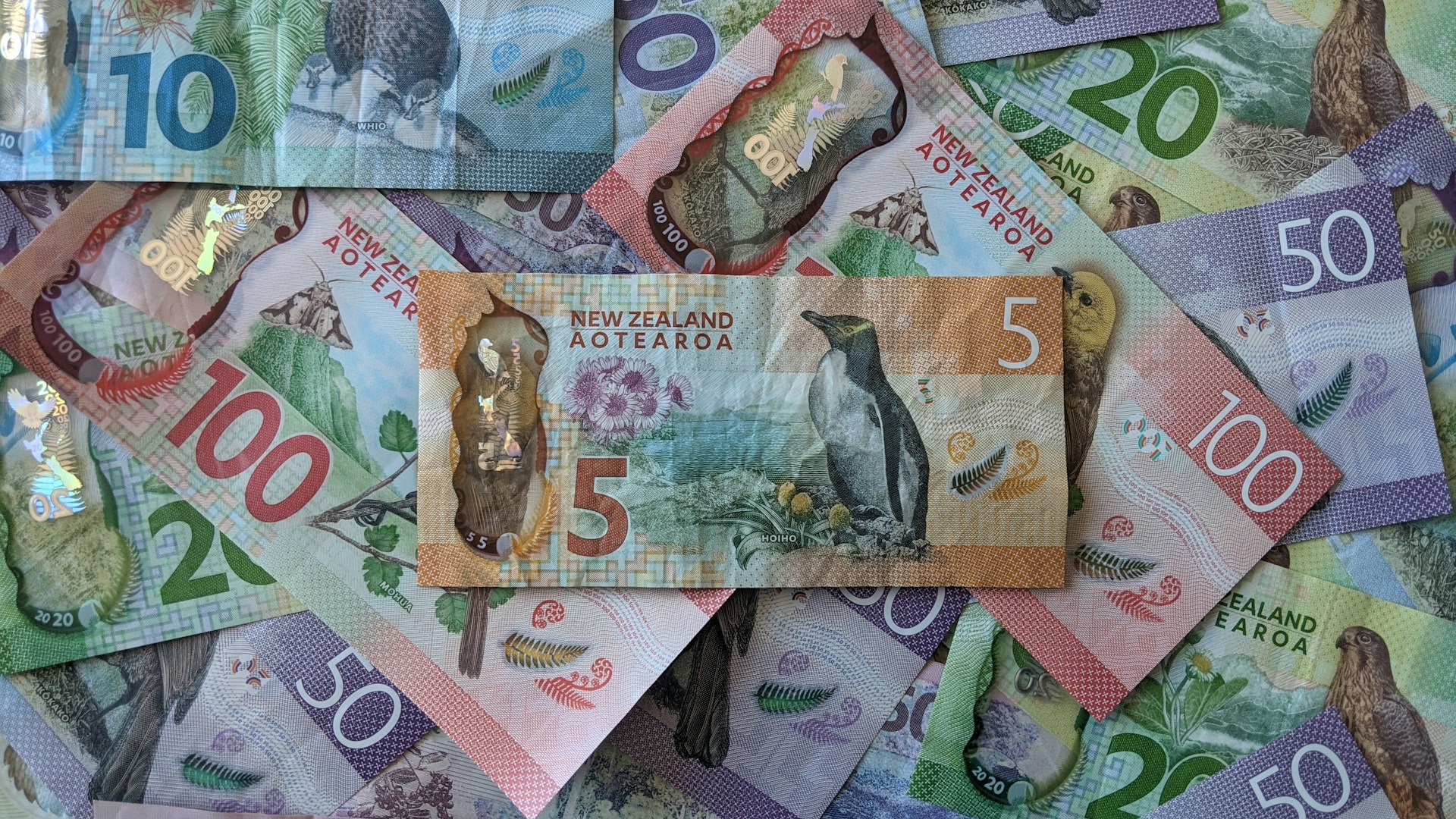Media release
From:
Some NZ based investment funds lend New Zealanders investment savings to governments implicated in human rights violations
A new paper from Motu Research finds that as of March 2024, more than half a billion dollars of KiwiSaver and other retail investments were lent to governments on ‘high alert’ for human rights violations. This is a chance for Aotearoa New Zealand to lead change.
Better products mean a shared opportunity for investors and fund managers
If investment funds applied consistent human rights due diligence across all asset classes, New Zealand investors and fund managers alike would benefit. Ethical investment products help build a more sustainable financial system. There’s real potential for new investment products that make it easier to focus sovereign bond investing in countries with strong human rights records. Fund managers could take pride in offering them, and investors could feel confident their money supports a fairer world.
Bank-run funds were leading the ‘high alert’ investments
Bank-run funds accounted for three-quarters of lending to high-alert countries despite managing a smaller share (two-thirds) of retail investments.
Certification isn’t enough.
Over two-thirds of the high alert investments came from funds certified by the Responsible Investment Association Australasia (RIAA), showing current standards don’t screen for sovereign bond investments linked to human rights violations.
Turning regulation into advantage
New Zealand’s strong financial disclosure rules already support transparency, which permitted this ground-breaking research. Expanding human rights due diligence across all investments would build on this strength and position New Zealand as a global leader in ethical finance.
Motu Research calls for action
We urge fund managers and industry bodies to lift standards, for index providers to create human rights–focused products, and for investors to demand more ethical options.



 New Zealand
New Zealand


